Oceania/Australia/Universityword
The Australian government should assume responsibility for all tertiary education and training while the differences in funding between universities and technical colleges should be abolished, a new report says.
The radical proposals are among a sweeping set of recommendations in a report by the multinational professional service company, KPMG.
As well as abolishing the differences in funding and student loans between technical colleges and universities, the report says the federal government should oversee ‘a cohesive tertiary education system’.
Released on 1 August, the report – Reimagining tertiary education: From binary system to ecosystem – points to the inadequacies in Australia’s two-tier tertiary education system of universities and colleges of technical and further education.
Instead, it says what is required is a flexible learning framework likely to be required by changing workplaces in coming years.
Co-author of the report, Professor Stephen Parker, said Australians needed a unified funding framework for all tertiary education.
«The main issues we’re facing are that we have university and vocational sectors that are planned separately, the distinction between higher and vocational education is too sharp and we’re not planning a national system to equip us for a changing economy,” said Parker, a former vice-chancellor of the University of Canberra.
«We need a unified funding framework for all tertiary education … we need to rebalance the sector upward to benefit vocational education providers,» he said.
«Various European countries are further ahead in rewarding high levels of practical training. While the UK has introduced degree apprenticeships and Singapore has a major initiative around skills, we are not in a position to have a national initiative because of the federal-state higher vocational split.»
The federal government took over funding and organisational responsibility for higher education from the states in 1974, while the states retained control of the technical and further education colleges.
Among numerous other issues, this has led to ongoing disputes between state and federal governments over how much money each should allocate to the various sectors.
In a series of 10 recommendations, the KMPG report calls for the different education categories that are used for funding allocations to be abolished, although the word ‘university’ should continue to be protected.
It says this would mean research-focused institutions (that is, universities) were no longer advantaged in funding terms over ‘teaching-only’ providers (that is, the vocational colleges).
The report also calls for a more equitable federal loan-financing system for students undertaking vocational education or other non-university courses. At present, most college students must meet most or the full cost of their studies.
This is in contrast to university students who contribute an average 42% of the cost of an undergraduate degree. In addition, these students do not have to pay their fees upfront but can repay what they owe over many years through a government loan system and then only when they graduate and are earning an income.
The report says the funding disparity between university and vocational courses may be further embedding economic and social inequalities between students.
Under the current funding model, universities have also been able to add courses such as law that generate more government funding while adding to a surplus of lawyers and other professionals.
But Chief Executive of Universities Australia, Catriona Jackson, said KPMG’s proposals to “fix” Australia’s vocational education system would instead damage the nation’s “world-class university system”.
Jackson said Australian universities shared an ambition with their vocational education colleagues to see the sector repaired.
She said, however, it would be a “grave mistake” to think the way to achieve that goal was to dismantle the policy settings that gave Australia a world-class university system.
“To face the challenges of a rapidly changing economy, Australia needs both a high-quality vocational education and training system and world-class universities,” Jackson said.
“There is no doubt that VET faces serious problems after years of systematic de-funding with budget cuts. The answer is to fix VET – not to subject universities to similar experiments.”
Jackson said Australia’s “high-quality universities” were the backbone of Australia’s education export sector, contributing AU$30 billion (US$22 billion) a year to support Australian jobs and living standards.
“Any policy change that undermines the strength and quality of our university system would be an economic own goal that would undermine our attractiveness to international students.”
Universities would be pleased the KPMG report endorsed the longstanding policy to restore Australia’s uncapped system of university enrolments – the so-called ‘demand-driven system’ – which the current federal government has scrapped.
But she said the KPMG proposals would also lead to greater privatisation of post-school education in Australia, by giving private for-profit providers wider access to taxpayer-funded loans.
«The last time that was attempted, it created a AU$1.2 billion disaster for the [vocational education] loans scheme, with dodgy providers swooping in to help themselves to public money. Why on earth would Australia expose its world-class university loans scheme to that sort of risk?»
Fuente: http://www.universityworldnews.com/article.php?story=20180802170700760
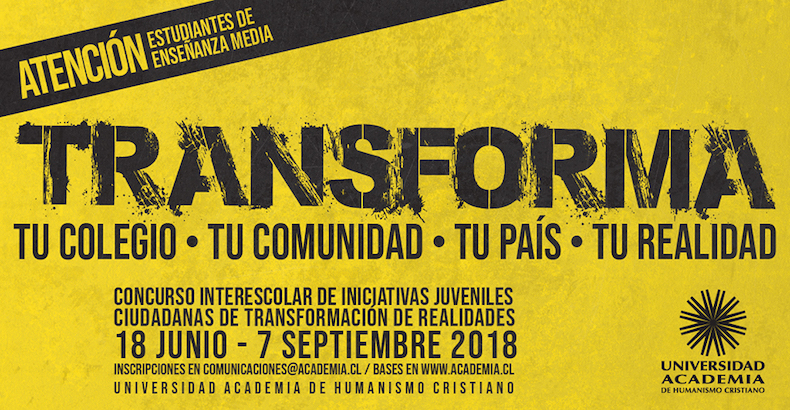
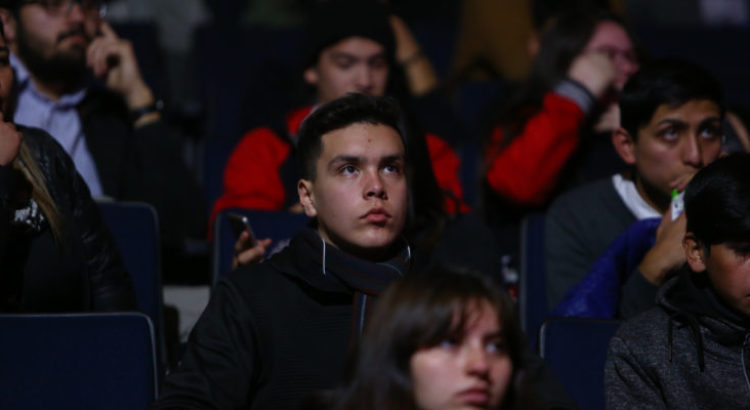



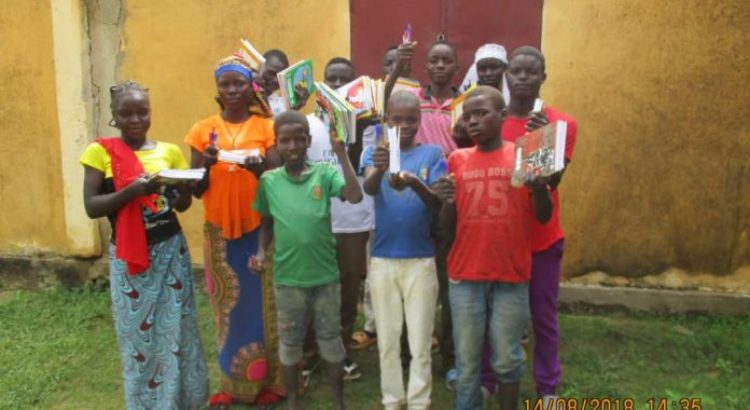
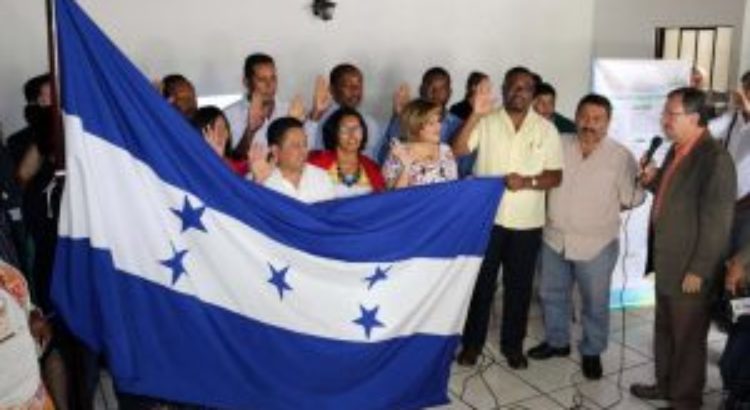
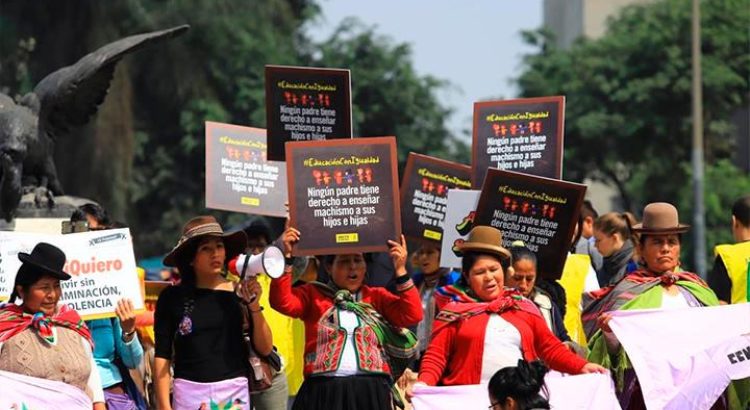







 Users Today : 8
Users Today : 8 Total Users : 35419498
Total Users : 35419498 Views Today : 8
Views Today : 8 Total views : 3353680
Total views : 3353680